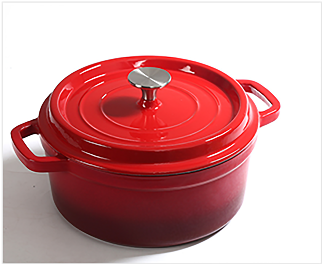In conclusion, hemostatic drugs are invaluable in managing bleeding episodes in dogs. With various options available, veterinarians can tailor treatment to each animal's specific needs, helping to control bleeding effectively and minimize the risk of shock or further complications. While these medications are powerful tools in the veterinary arsenal, understanding their roles, appropriate usage, and potential side effects is essential for ensuring the safety and well-being of canine patients. Regular veterinary check-ups and maintaining open communication with a veterinarian are essential strategies for pet owners to help prevent severe bleeding issues and ensure prompt treatment when necessary.


